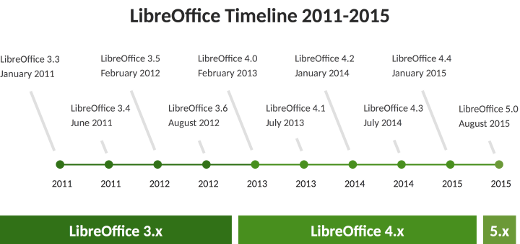SJWs have all but killed Gnome:
Until July at the earliest, the foundation behind the GNOME desktop environment will be freezing all expenditure deemed not essential to its running will be frozen, as the foundation has run out of cash reserves.
“The issue has been caused by a number of factors,” wrote GNOME Foundation board member, Ekaterina Gerasimova in a post to the foundation’s mailing list.
“These include increased administrative overheads in the last few years due to the increased turnover which has been caused by to the Outreach Program for Women, and the associated payments going out while the associated income has been slow to come in.”
To rectify the situation within a few months, the GNOME Foundation intends to invoice, and chase up, outstanding monies owed to it.
“By keeping expenditures to a minimum while some delayed revenue is regained, the board aims to have things back to normal within a few months,” said a FAQ on the freeze.
It doesn’t sound that bad, until you look at the numbers and realize that the Women’s Outreach Program, which didn’t exist in 2010, rapidly grew to soak up 45.8 percent of the foundation’s entire budget by 2013.
Karen Sandler was, for three years, the foundation’s executive director. She made Women’s Outreach the open source software’s top priority, and quickly turned what had been a financially healthy tech foundation into one that was $80,000 in the hole. In 2013, the most recently reported year, Gnome spent $275,000 of its $600,00 budget (and $512,000 revenue) on Women’s Outreach.
In her outgoing statement as Gnome’s Executive Director, Ms Sandler described the Outreach Program for Women as an “ongoing success”. She was also elected to Gnome’s Board of Directors.
“The more an institution converges towards the highest abstract standard of social and distributive justice, the less it is able to perform its primary function.”
– SJWs Always Lie: Taking Down the Thought Police

